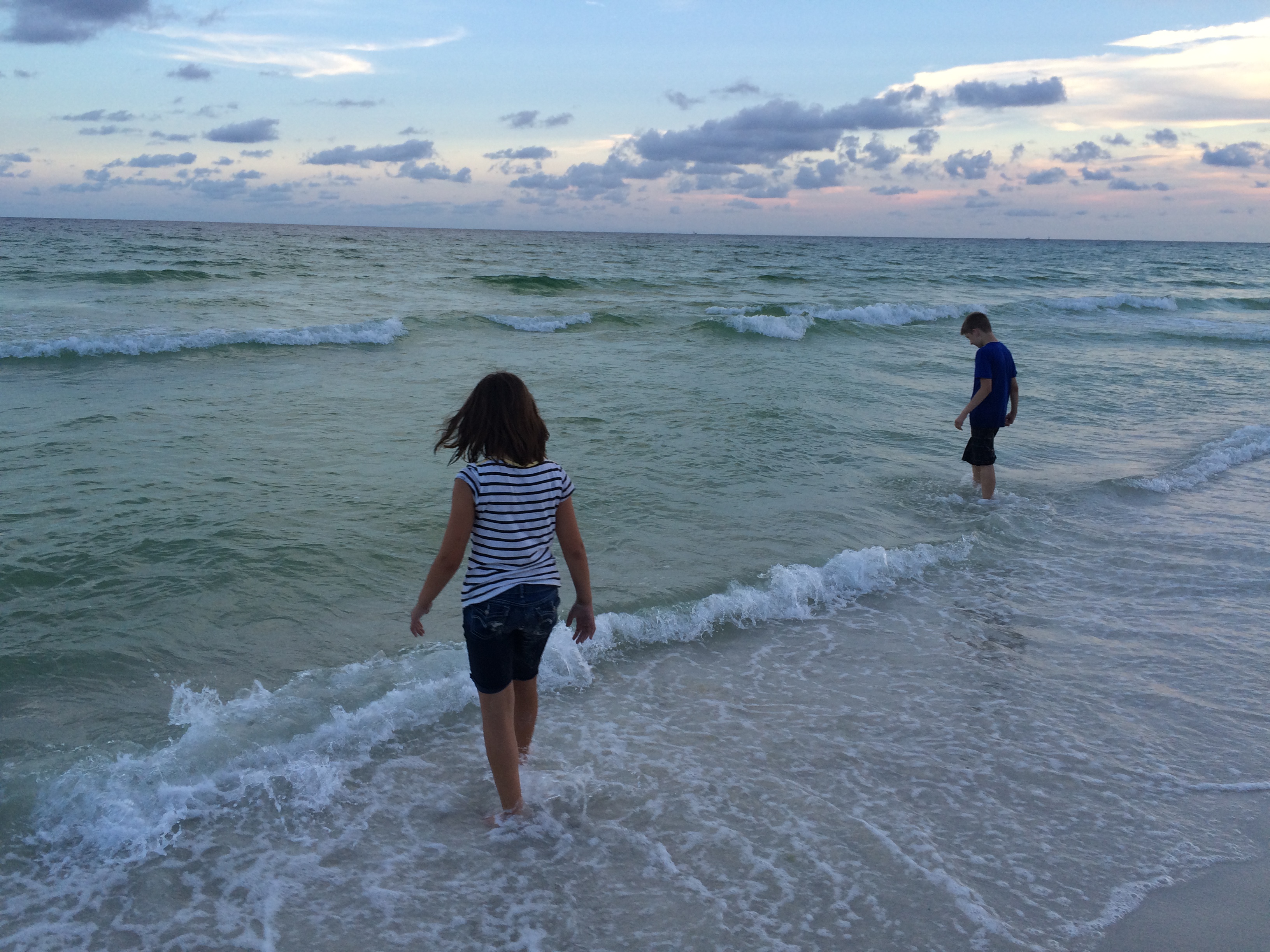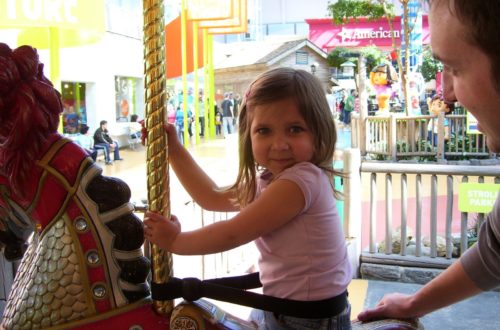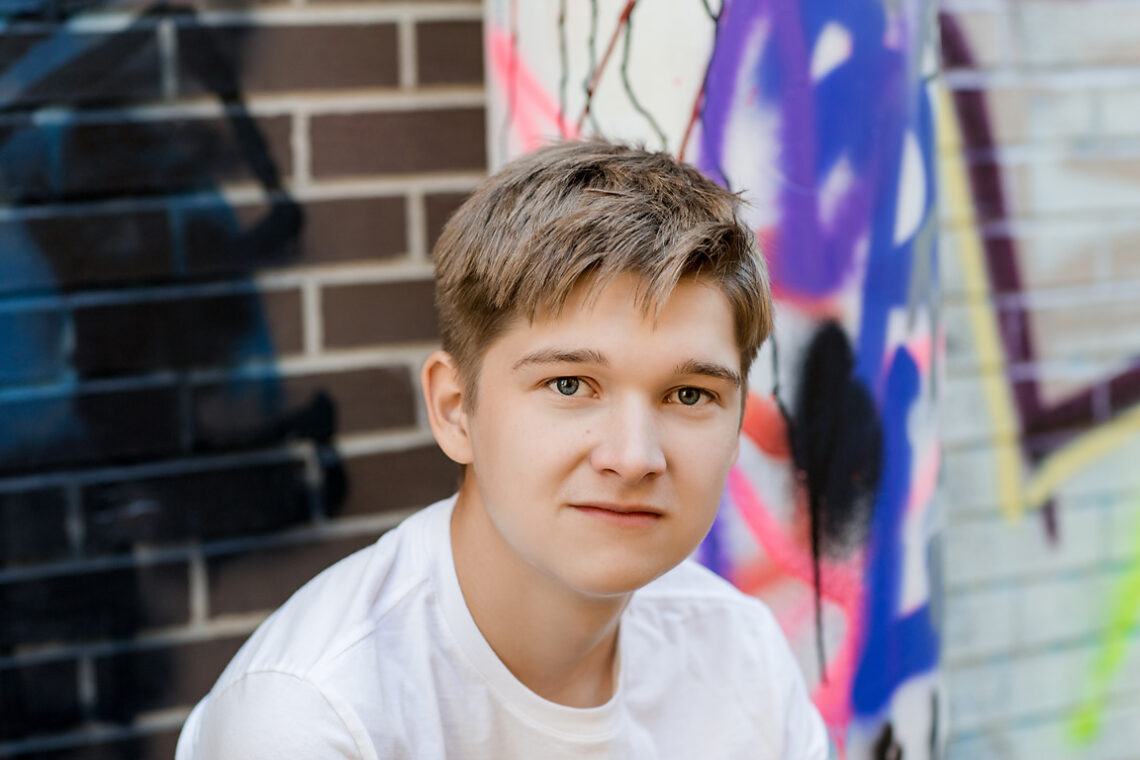
The world has to stop spinning first
Sometimes I get a glimpse into what I think it might be like to experience the world like J. Not often, but sometimes.
About a week and a half ago I had one of those times. I was on the couch with Steve sitting with a 386-page draft of my novel in my lap, discussing with Steve some of the problems I was having with it. I had 4 chapters that needed substantial revision near the tail end of the novel and I had spent the entire day untangling them, trying to figure out where to start again. 386 pages is a lot of story to be managing in your head, and at 9:30 at night, my head was feeling pretty foggy.
That’s when the dizziness started. Just a soft hint of it every couple of minutes. I decided to go to bed early, since I was mentally tired and dizzy and that’s when the vertigo hit. I’ve never had a vertigo episode before. I hope I never have one again.
I spent the next 4 hours in bed, propped up against some pillows, clinging to the bedsheets. It first felt like I was spinning on a merry-go-round on the playground, but then it escalated to the feeling of being on the Gravitron ride at the state fair (but spinning 6000x faster), with a never-ending wave of nausea. I sat on the bed, absolutely still, feeling like the world was spinning out of control around me. If I moved my head just 1 millimeter, I thought I was going to fall off the bed.
Steve just sat beside me, holding onto my hand, asking if there was anything he could do. There wasn’t, but it just felt better having someone there. “It’s the strangest thing,” he said. “I know you’re feeling absolutely horrible, but you’re literally not moving a muscle. I have no clue what you’re going through right now. I wish I could do something.”
The next morning I woke up dizzy but not nearly like the episode I had the night before. Steve drove me to the walk-in, they gave me a COVID test (because I guess vertigo can sometimes be a symptom of COVID). I tested negative, they told me to keep an eye on it and they sent me home.
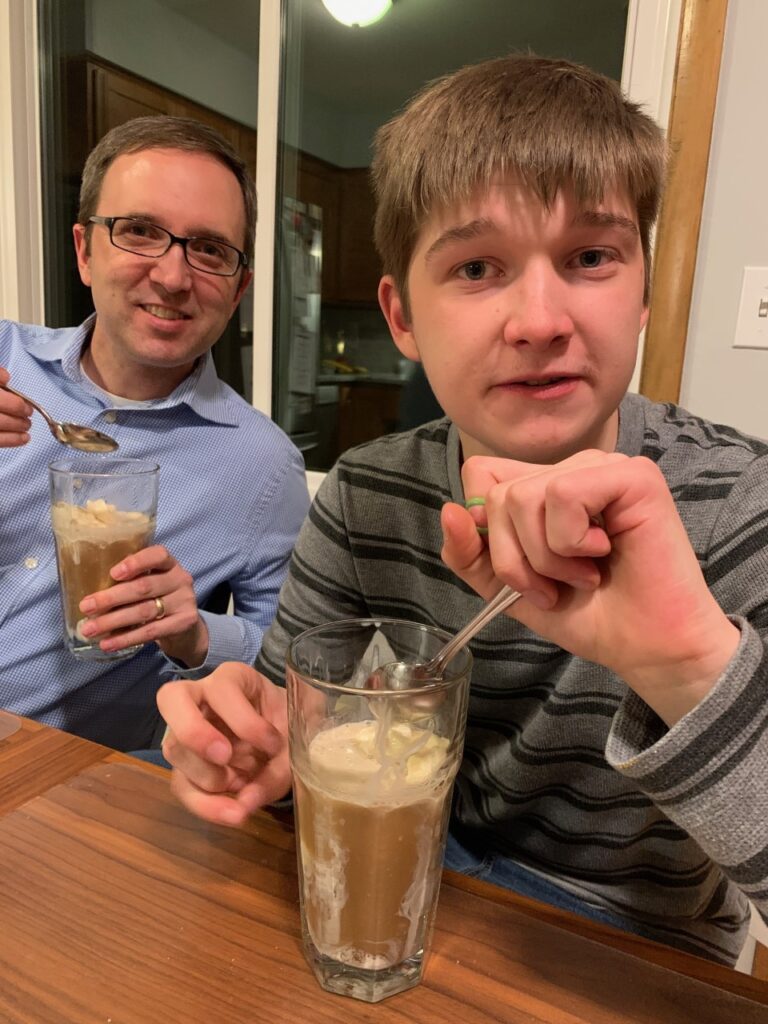
For the last week and a half, I’ve had to scale back on a lot of things. For the first few days, I had glimmers of dizziness and a lot of brain fog. I’ve had to stop multitasking, listening to music while I work or drive, limit my screen time, and avoid anything that’s super overstimulating (we watched a movie the other night with a lot of spinning sequences and I had to flat out close my eyes during those parts). I’ve had to be a lot more patient with myself, plan breaks every 30 minutes while working, and my productivity is a lot slower. Every day gets better, but I’ve had to move through each day in a VERY mindful way. Especially when I’m still helping J get through his anxiety-filled, overstimulating days.
Monday morning of last week, I got a call from the principal’s office to pick up J from school. J was in the throes of a panic attack (over North Dakota’s first-of-the-month emergency siren test) and needed to be sent home from school. J was beyond upset, crying, apologizing (he lashed out and hit his para during his panic attack), and my first and only thought was. “I need to breathe. I have to keep breathing. I can’t get overstimulated or the world is going to start spinning again.” And suddenly, my mind shifted to “He just needs to breathe. The world has to stop spinning before he can process what’s going on.”
J took his deep breaths under his mask, made it to the car, kept breathing, and made it home. For the first time ever in the history of “being sent home from school,” I didn’t say one word about his behavior in the car. When he apologized (over and over) I just told him (and myself) to keep breathing. I talked to the school when we got home. We figured out a plan. Half an hour later when I told J about the consequences of his behavior, he was devastated but didn’t melt down. He understood why and accepted the consequences.
Sometimes, not often, I get a glimpse into what I think it must feel to be J moving through this world. This last week and a half, I’ve gotten a taste of what it feels like to be visually overstimulated and feeling the loss of the control that comes with it. I’ve dealt with the frustration of not being to find the right words or forgetting what I was saying halfway through a sentence because of brain fog. Those are some of the every day visceral things that come with J’s autism.
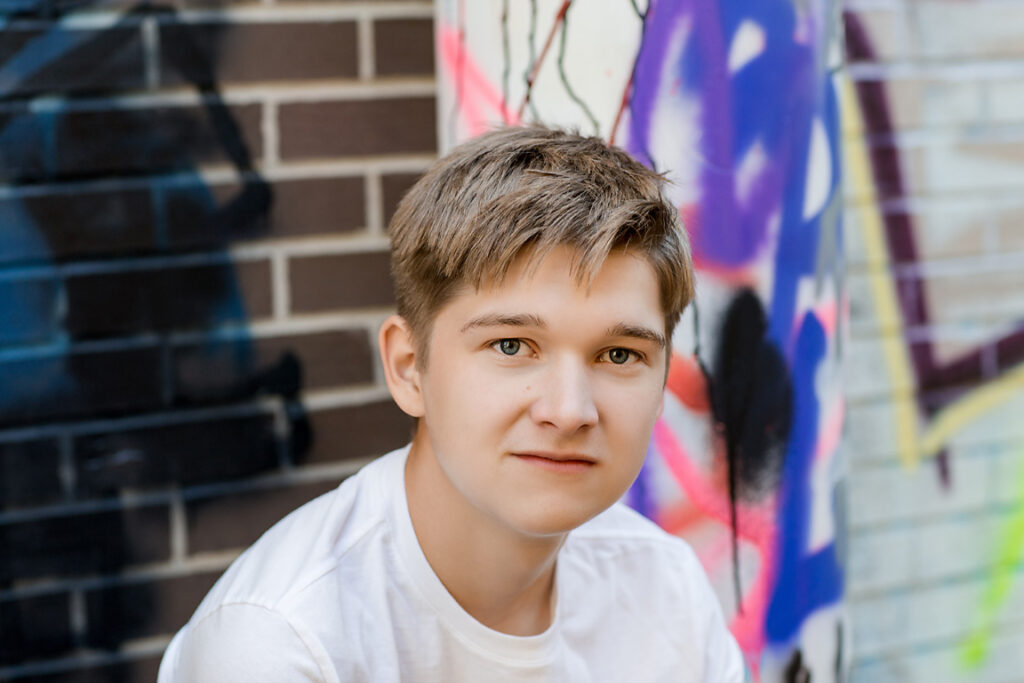
But the most important revelation I’ve come out with this experience is the realization that you can’t process anything until the world stops spinning. It’s made me a lot more mindful when I talk to me kids, and frankly, something I should be doing all the time.
If my kids were riding their bikes and got hit by a car and they were bleeding out all over the road, I wouldn’t be screaming at them because they weren’t wearing a helmet, I’d be treating the bleeding first. Once we healed the injury, then we can talk about what better choices we should have made.
I think of Steve’s words that night while I was dealing with my own world spinning. “I know you’re feeling absolutely horrible, but you’re literally not moving a muscle. I have no clue what you’re going through right now. I wish I could do something.”
Every time J is distressed it’s so easy for me to look at J and think “this is no big deal, why are you so distressed about it?”
I think we all do it. Mental health struggles are hard to see. We forget to trust other people’s experiences. We have to trust that they’re not okay.
Sometimes I get a glimpse into what I think it might be like to experience the world like J. This is one of those times where I hope I don’t forget the lessons I’ve learned.



